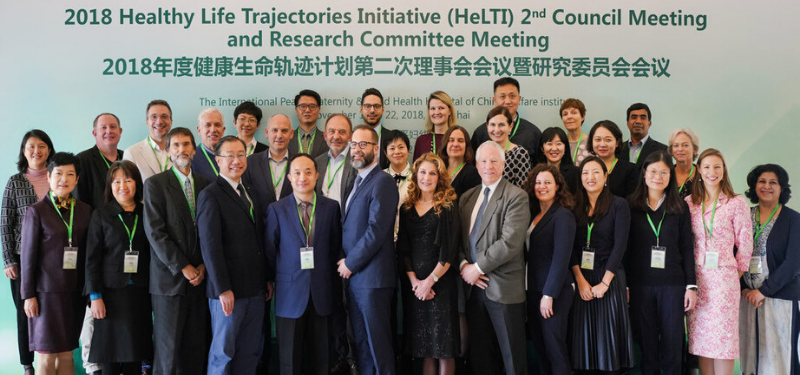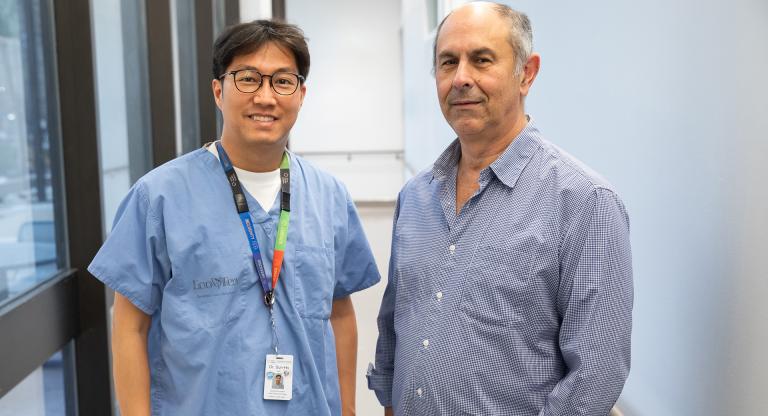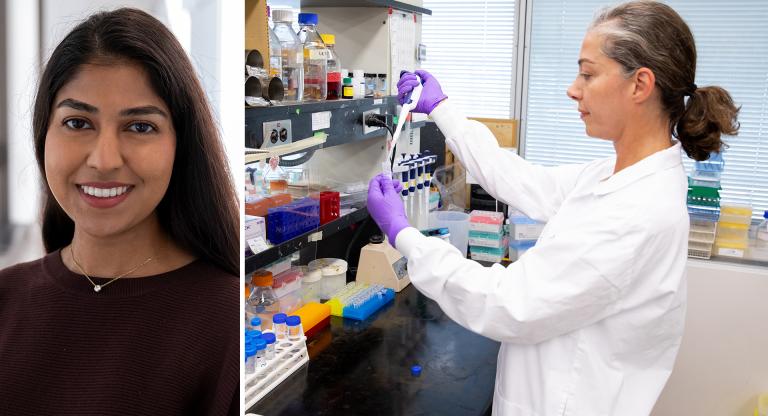Global study looks at link between a mother’s health and childhood obesity

If it takes a village to raise a child, a team of scientists from Canada, China, India and South Africa is launching a global effort to ensure that child reaches healthy adulthood.
An international study is underway as part of the Healthy Life Trajectories Initiative (HeLTI), looking into the role a woman’s health, pre-pregnancy, plays in her child’s risk of developing obesity or diabetes later in life.
Dr. Stephen Lye, senior scientist with Sinai Health’s Lunenfeld-Tanenbaum Research Institute, is co-leading a HeLTI study in South Africa. He says childhood weight gain and obesity are well-established risk factors for poor health later in life, so research into prevention is badly needed.
“We have a unique opportunity to take what we already know about early childhood development and use it to improve health trajectories for both mothers and their children,” Lye said. “Understanding why some of these diseases develop is also critically important.”
Non-communicable diseases, such as obesity, diabetes and cardiovascular disease, kill about 41 million people each year, according to data from the World Health Organization.
The number of children and adolescents living with obesity has risen to 124 million worldwide, compared to 11 million 40 years ago. A recent report shows it could exceed 250 million by 2030 without substantial interventions.
Dr. Stephen Matthews, associate scientist at LTRI and professor of physiology at the University of Toronto, said the HeLTI research initiative was created to address this issue and test ways to prevent obesity in children and to promote child development. Four studies are currently underway in Alberta and Ontario, Shanghai, Mysore and Soweto, with Matthews co-leading the cohort project in India.
All four populations see a high prevalence of suboptimal nutrition. In India, calorie, protein and micronutrient deficiencies are frequent in pregnancy, while in Canada, China and South Africa, women can have excessive calorie intake, and can also suffer from micronutrient deficiencies.
“One of the main HeLTI hypotheses is that supporting women to optimize their health, their diet and their weight even before they become pregnant, may combat the intergenerational risk of childhood obesity and other non-communicable diseases,” Matthews said.
The HeLTI consortium is a 10-year collaboration funded by the Canadian Institutes of Health Research, Department of Biotechnology (India), Medical Research Council (South Africa) and the National Natural Science Foundation (China), and is run in collaboration with the World Health Organization.
The trials are currently under way in China and South Africa, with India and Canada due to start in early 2020. The four 10-year trials will then be harmonised to pool the data of more than 22,000 women, covering more than 10,000 pregnancies.












